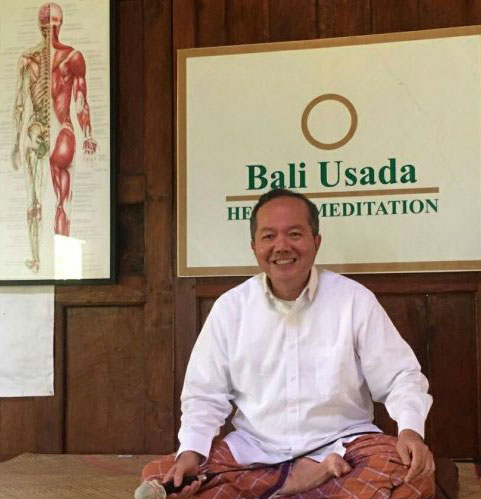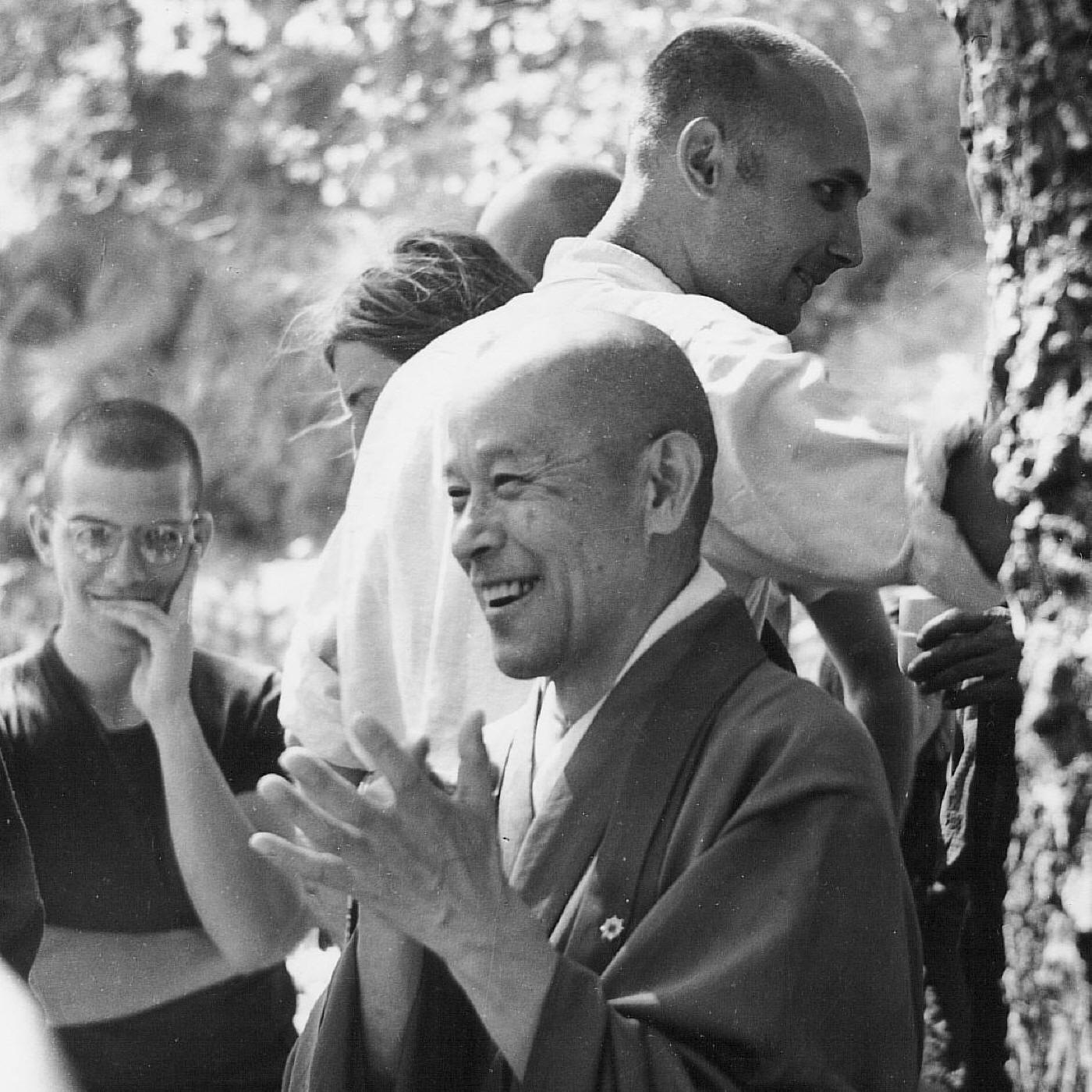Poet, student of Shunryu Suzuki and Chogyam Trungpa
Just received this from Jeanne DiPrima: My mother passed this morning. There will be a family statement tomorrow. Sending love.

And this from Arnie Kotler:
Diane Di Prima (1934–2020)
Beloved friend & fiercest poet Diane Di Prima has died––Diane was here for the start of the 100 year project that is Naropa, and even more crucially a decisive voice in American poetry & poetics, a voice in which poetry & poetics always implies political commitment to revolution––– we owe her a debt that can never be repaid, which is to say we owe her the debt of love and study and solidarity / memory eternal––––
from Revolutionary Letter #2
"The value of an individual life a credo they taught us
to instill fear, and inaction, ‘you only live once’
a fog in our eyes, we are
endless as the sea, not separate, we die
a million times a day, we are born
a million times, each breath life and death :
get up, put on your shoes, get
started, someone will finish"
from this Facebook post on the page for the Jack Kerouac School of Disembodied Poetics
Dianne Di Prima cuke page
















